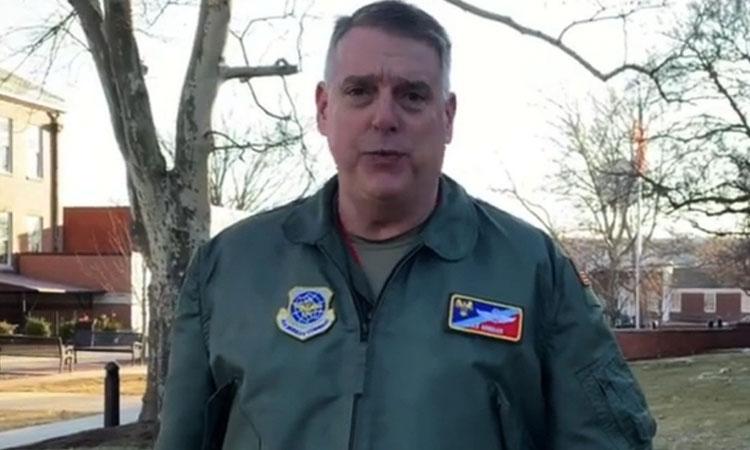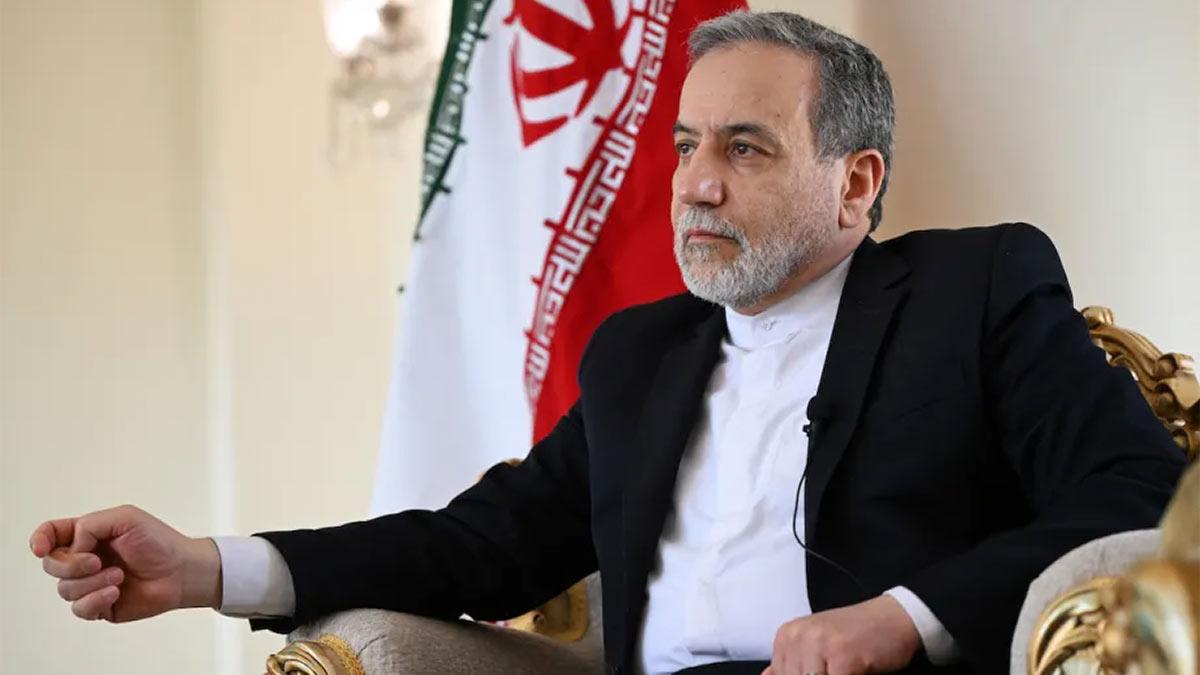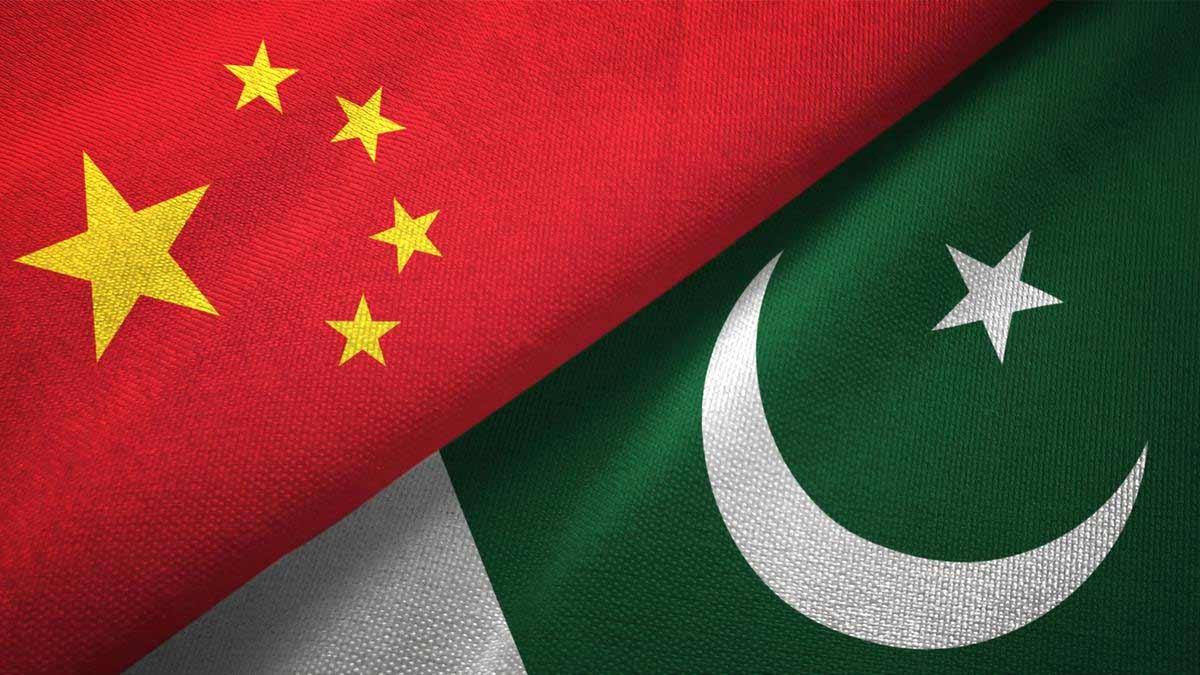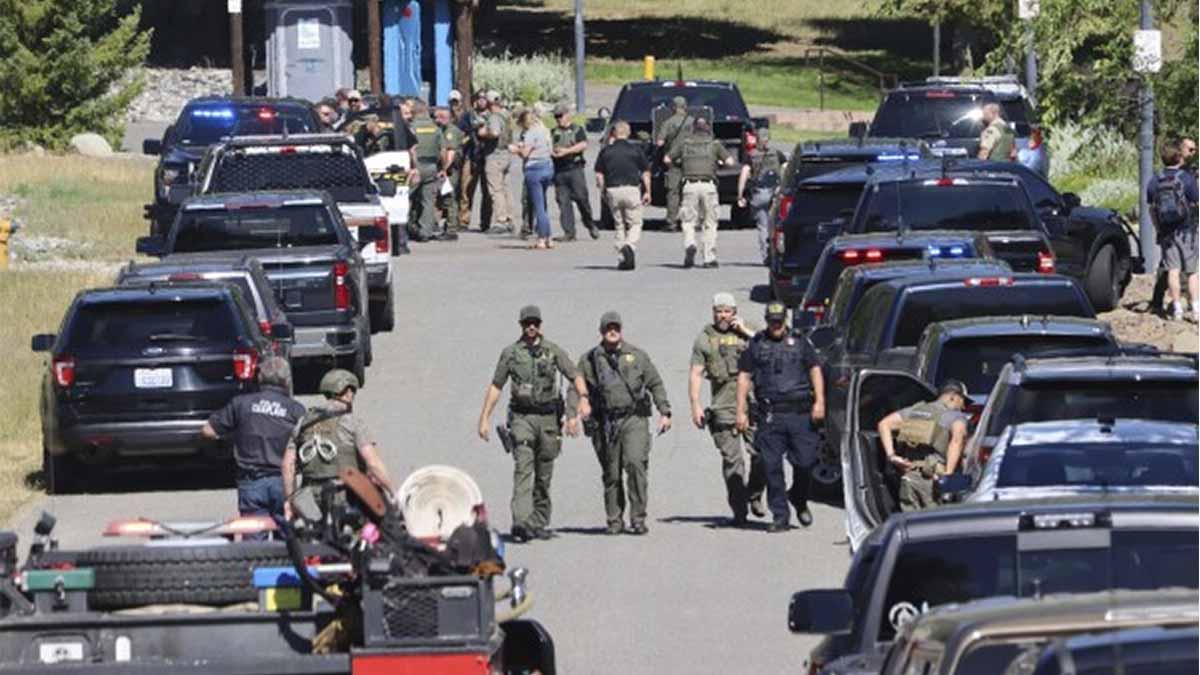A top US military general had warned in January that the United States and China could be at war in 2025 over Taiwan.
General Mike Minihan, who heads the Air Mobility Command, wrote in an internal memo that he believes Chinese President Xi Jinping could invade Taiwan in 2024 as both the US and Taiwan will be distracted by their respective presidential elections. And the US will, he did not say explicitly in reports on the leaked memo, be drawn into the conflict.
"I hope I am wrong. My gut tells me we will fight in 2025," the general wrote.
Another US military general had warned in 2021 that China could invade Taiwan in six years' time. Others have been somewhat more circumspect -- Ely Rattner, a senior Pentagon official, has said he doesn't see a Chinese invasion of Taiwan in this decade.
In fact, he has gone on to tell a Congressional committee that Defence Secretary Lloyd Austen does not believe an invasion is either imminent or inevitable.
Also read | China's biggest show of force since August showed intent to annex Taiwan, say analysts
"I don't see an imminent invasion," Austin said in an interview to CNN last October, adding, "What we do see is China moving to establish what we would call a new normal. Increased activity - we saw a number of centre line crossings of the Taiwan Strait by their aircraft. That number has increased over time. We've seen more activity with their surface vessels and waters in and around Taiwan."
It has become increasingly clear, though, that the United States is unlikely to let China invade Taiwan - US hopes to deter Beijing by expanding its military superiority over China - and, failing which, it will intervene militarily to defend Taiwan.
"Yes, if, in fact, there was an unprecedented attack," President Joe Biden said in an interview to American media outlet CBS in September last year when asked if the US would defend Taiwan.
And, "Yes", he answered when asked if the US would send forces to defend Taiwan, unlike in Ukraine, where the Biden administration has sent billions of dollars worth of military equipment.
Biden has tweaked America's decades-long China-Taiwan policy. Like his predecessors and their administrations, he has committed his administration to the "One China" policy, which acknowledges Chinese claims over the self-governing island without endorsing it; does not support Taiwanese independence; and commits US military supplies to help Taiwan defend itself.
But Biden has gone further than any of them and committed US troops to defending Taiwan. When he first made that statement, he was walked back by White House officials, who did the same two more times. But they did not when he made that commitment the fourth time, last September.
Is it US policy now? There is only one way to find out. And no one wants to go there. Not yet. Not the Chinese, who have responded with predictable outrage after every one of these Biden remarks.
Aside from the rhetoric, US relations with China over Taiwan are shaped by this old and "abiding interest in maintaining peace and stability across the Taiwan Strait", as stated by Biden's National Security Strategy. That is "critical to regional and global security and prosperity and a matter of international concern and attention".
It further noted, "We oppose any unilateral changes to the status quo from either side, and do not support Taiwan independence."
And it went on to reassert historical US commitment "to our one China policy, which is guided by the Taiwan Relations Act, the Three Joint Communiques, and the Six Assurances. And we will uphold our commitments under the Taiwan Relations Act to support Taiwan's self-defense and to maintain our capacity to resist any resort to force or coercion against Taiwan."
There is bipartisan support for Taiwan in the US, with Republicans, in fact, willing to go further at least in rhetoric. House of Representatives Speaker Kevin McCarthy became the senior-most elected American official to meet a Taiwanese leader on US soil when he hosted President Tsai Ing-wen earlier this month in his home state of California.
Also read | China sends dozens of warplanes towards Taiwan
President Tsai had quietly met Hakeem Jeffries, the top House Democrat, in New York during the same US trip.
Then House Speaker Nancy Pelosi last August became the senior most US official to visit Taiwan. And Beijing had gone ballistic then, conducting live-wire military exercises to demonstrate its anger.
China had also shut down a regular hotline between its military and the US military. And, though not related apparently, it sent a 'spy balloon' over the United States earlier this year in its most audacious challenge yet.


















